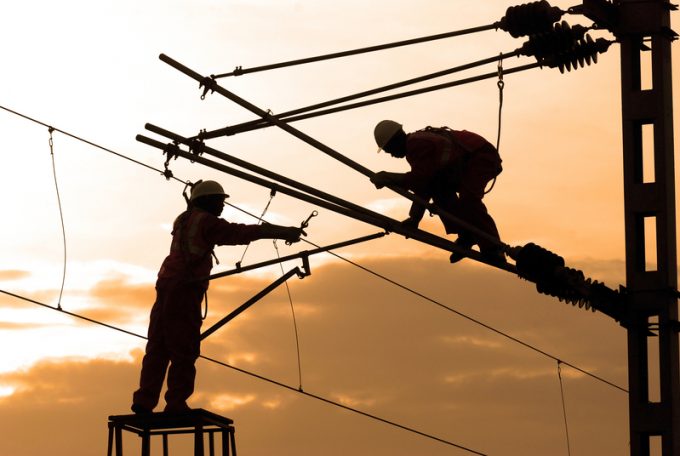GXO Wincanton deal could see supermarkets funded to invest in new 3PL
UK supermarkets could be given funding to invest in a 3PL as part of the ...

A collective of rail and freight associations are calling on the UK government to electrify more of the country’s railways or risk failing to meet its 2050 emissions targets.
In a letter to transport secretary Grant Shapps, associations including the Rail Freight Group (RFG) and Logistics UK said a “rolling process” of electrification along 13,000 single-track km (STK) needed to begin if the UK is to achieve net zero.
Director general of RFG Maggie Simpson said electrifying the rail network was not ...
'Disastrous' DSV-Schenker merger would 'disrupt European haulage market'
New senior management for DSV as it readies for DB Schenker takeover
Volumes set to 'fall off a cliff' as US firms hit the brakes on sourcing and bookings
Asian exporters scramble for ships and boxes to beat 90-day tariff pause
Amazon pushes into LTL for small package fulfilment and UPS does a u-turn
Temporary tariff relief brings on early transpacific peak season
'Tariff madness' will prompt renegotiation of ocean shipping contracts
Pre-tariff rush of goods from US to China sees air rates soar, but not for long

Comment on this article